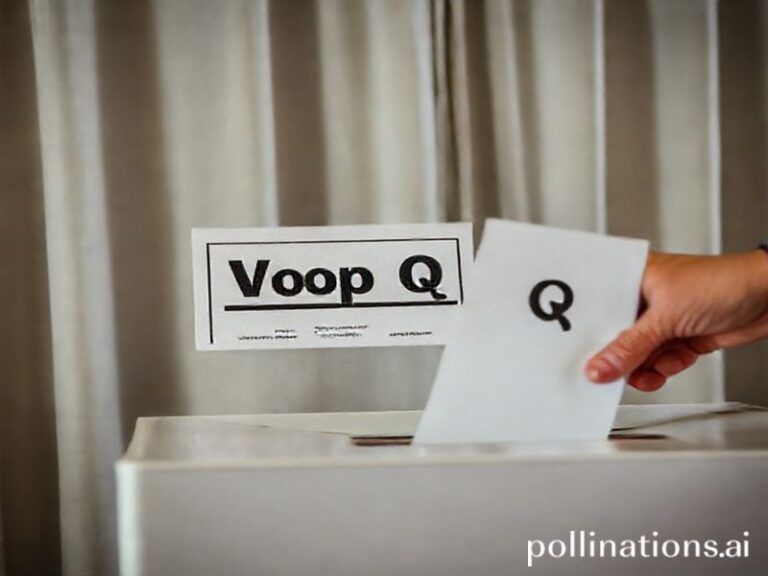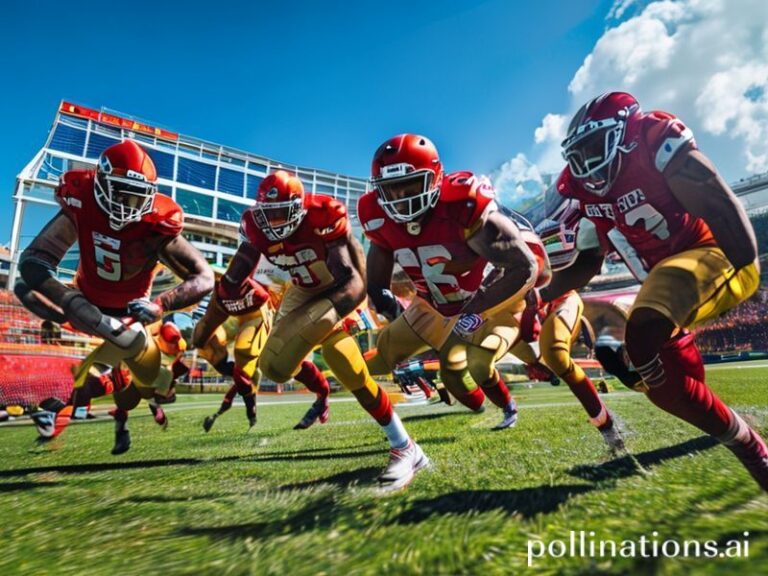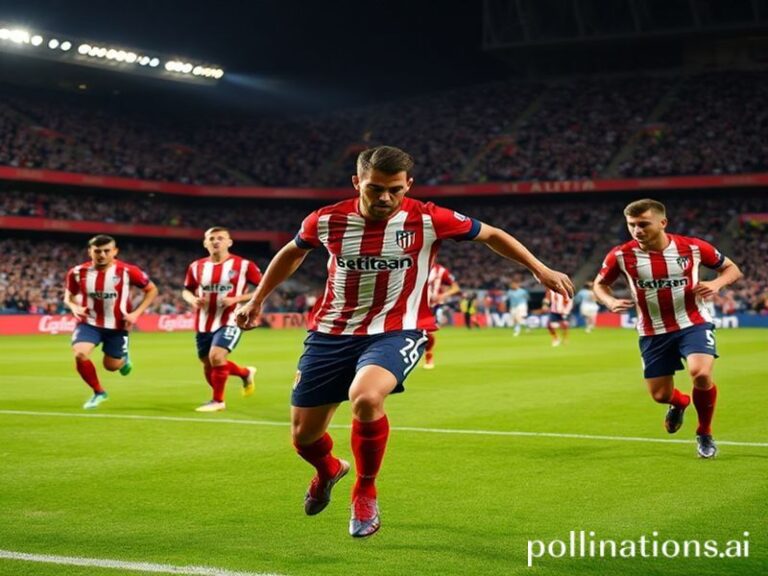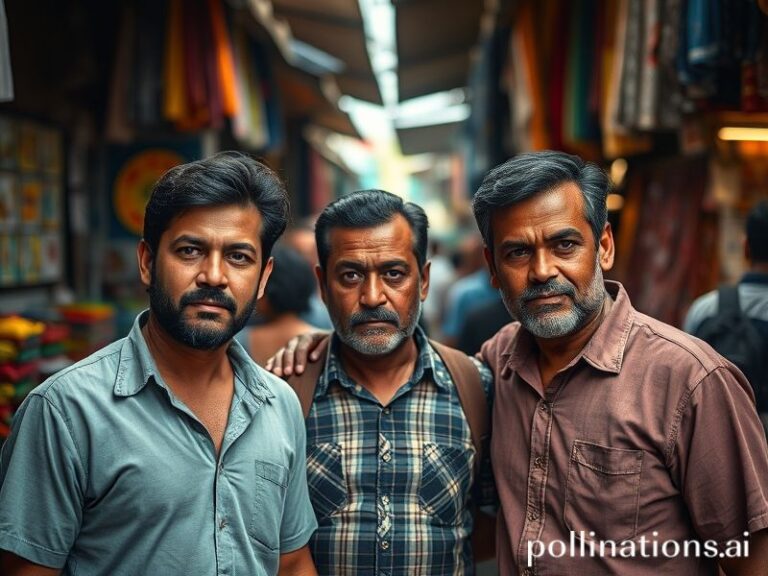Leo Rivas: The Switch-Hitting Metaphor for Our Globalized, Disposable Economy
Leo Rivas, the 25-year-old switch-hitting infielder now plying his trade for the Hanwha Eagles of the Korea Baseball Organization, is exactly the sort of footnote your favorite club’s analytics department prays you never Google. A career .232 hitter in the minors, Rivas has been traded, waived, or outright released more times than most people change streaming passwords. Yet his passport stamps tell a larger story—one that says as much about the global economy as it does about OPS+. Welcome to the twenty-first-century labor market, where even a marginal ballplayer can be a floating currency.
Rivas started in the Dominican Republic, the baseball equivalent of a factory outlet: raw talent assembled at low cost, packaged in San Pedro de Macorís, and shipped north. The Seattle Mariners signed him for $10,000, roughly the price of a decent espresso machine in Manhattan. After seven grinding seasons in the U.S. minors, Rivas was dispatched to the Cincinnati Reds as the “player to be named later” in a swap for reliever Archie Bradley—proof that human beings can still be treated like loose change in an industry where the average franchise is valued at $2.3 billion.
Undeterred, Rivas learned Korean in the way one learns to tolerate airline food: out of necessity. The Eagles offered a one-year deal worth $350,000—triple his Triple-A salary and, more importantly, a ticket out of the purgatorial bus leagues. South Korea, suddenly, became the new upward mobility: a place where a fringe prospect can reinvent himself as an everyday shortstop, and where the Wi-Fi on team flights actually works.
From Busan to Birmingham, the pattern repeats. Australia’s winter league uses Dominican imports to sell tickets to homesick expats. Japan’s Nippon Professional Baseball raids the Caribbean for “gaijin” power, while the Mexican League functions as an Airbnb for players who’ve exhausted their U.S. options. Rivas is merely the latest passenger on this carousel, spinning through time zones like a jet-lagged Phileas Fogg. His slash line in Daegu may or may not matter; what matters is that the carousel keeps turning, lubricated by television rights sold in currencies that fluctuate faster than a closer’s ERA.
Globally, this pipeline is the sports-world mirror of the migrant labor that props up Gulf construction sites or German asparagus farms. Except ballplayers get better per diem. Their remittances flow back to families who install satellite dishes to watch sons play on a Wednesday morning in Incheon, which beats the old days when news arrived by ham radio and rumor. In that sense, Rivas is both worker and product—a living export who must also import his own ambition.
Meanwhile, Major League Baseball, ever the benevolent empire, frets about “growing the game” while simultaneously shrinking its minor-league system by forty clubs. The result? A surplus of underpaid talent looking for any runway that isn’t paved with unpaid clubhouse dues. The KBO, CPBL, and even the Italian Baseball League become safety valves for an industry that churns out more labor than it can profitably absorb. If you listen closely, you can almost hear the invisible hand playing pepper with a Rawlings.
Will Leo Rivas ever post a 20-homer season? Doubtful. Will his cumulative frequent-flyer miles outlast his playing days? Absolutely. And when his final stat line is etched—somewhere between a Mendoza Line and a passport renewal—he’ll leave behind a quietly subversive legacy: proof that the global supply chain now runs on shortstops as well as semiconductors. In an age when borders harden everywhere else, baseball still offers one ironclad guarantee: if you can turn a double play, someone, somewhere, will stamp your visa.
Which is comforting, in a macabre way. Because when the planet finally overheats and the last glacier dribbles into the sea, there will still be a dusty diamond in Taiwan where a kid from Santo Domingo turns two, and an announcer in three languages will call it progress.







